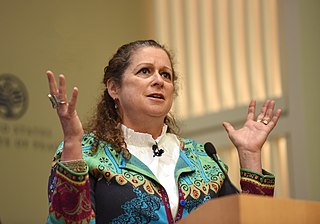A Quote by Ben Jonson
To speak and to speak well, are two things. A fool may talk, but a wise man speaks.
Related Quotes
How any human being ever has had the impudence to speak against the right to speak, is beyond the power of my imagination. Here is a man who speaks-who exercises a right that he, by his speech, denies. Can liberty go further than that? Is there any toleration possible beyond the liberty to speak against liberty-the real believer in free speech allowing others to speak against the right to speak?
A politician must often talk and act before he has thought and read. He may be very ill informed respecting a question: all his notions about it may be vague and inaccurate; but speak he must. And if he is a man of ability, of tact, and of intrepidity, he soon finds that, even under such circumstances, it is possible to speak successfully.
We may define "faith" as the firm belief in something for which there is no evidence. Where there is evidence, no one speaks of "faith." We do not speak of faith that two and two are four or that the earth is round. We only speak of faith when we wish to substitute emotion for evidence. The substitution of emotion for evidence is apt to lead to strife, since different groups, substitute different emotions.
If people depend on me to be a man of truth, I have to prove again and again and again and again that I am a man of truth. It cannot be that on Monday I am a man of truth, on Tuesday I speak three-quarters truth, Wednesday I speak half-truth, on Thursday I speak one-quarter truth, on Friday I don't speak at all, and on Saturday I can't even think how to speak the truth.



































